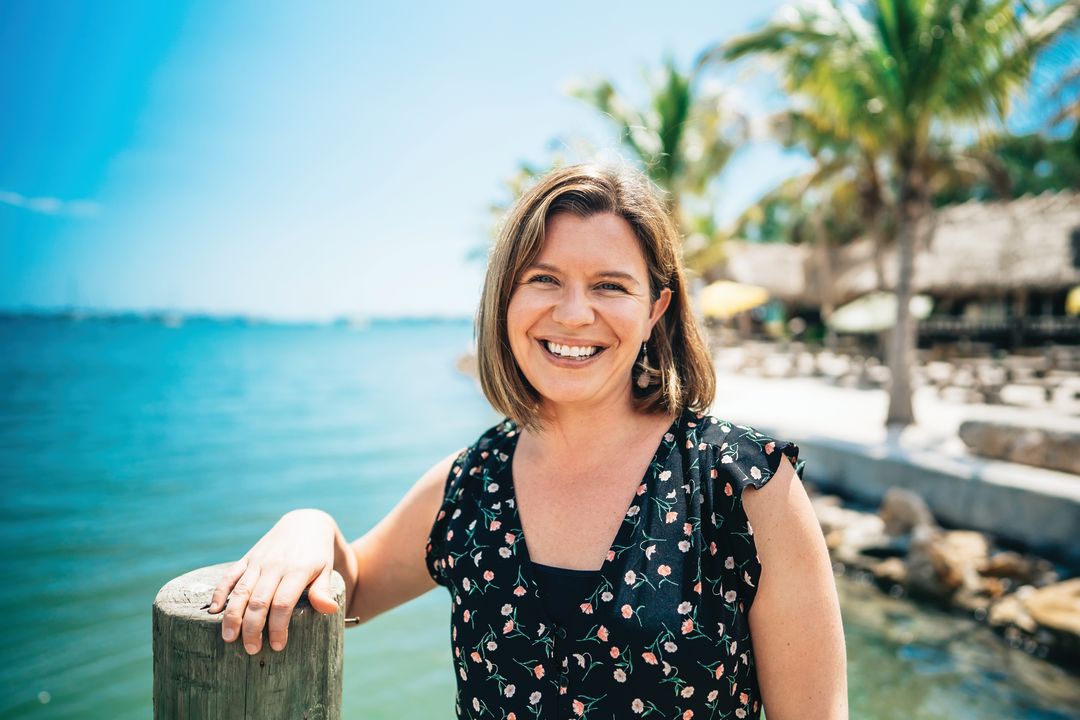Stevie Freeman-Montes Is Determined to Help Sarasota Face Climate Change

Stevie Freeman-Montes
Image: Everett Dennison
In 2005, when Stevie Freeman-Montes joined the Peace Corps, she was initially assigned to Haiti. But political conflict there squashed those plans, and the Corps instead sent Freeman-Montes to Yap, a collection of Micronesian islands on the opposite side of the globe. The last-minute assignment changed Freeman-Montes’ life.
“I saw firsthand how disproportionately this indigenous community was being affected by bleaching sea coral and rising sea levels,” says Freeman-Montes. Even more troubling: Yap’s residents had done almost nothing to contribute to the climate change threatening their very existence.
Freeman-Montes, who studied zoology as an undergraduate and earned a master’s degree in sustainable development, later launched a career working on sustainability projects in Beaverton, Oregon, a small city outside of Portland. But her experience in Yap, coupled with a love of the beach and the sea born during childhood trips to the Gulf coast in Texas, inspired her to apply for a job with the City of Sarasota in 2015. The city was looking for a sustainability manager to help the city become greener and adapt to climate change, and the chance to work in a place so clearly threatened by rising sea levels appealed to Freeman-Montes.
Now four years into her role with the city, Freeman-Montes, 36, has helmed a major study examining the city infrastructure most vulnerable to the effects of climate change, and has worked to increase recycling and compost programs and to ban the use of Styrofoam on public property. And thanks to a grassroots push by a coalition of local environmental activists, she’s also become the point person for the city’s Ready for 100 project. The goal of that initiative is to make all city operations run on renewable energy by 2030, and to transition the entire city to 100 percent renewable energy by 2045.
The push has occurred with little of the political blowback that greets many climate change efforts, in part because of Freeman-Montes’ openness and transparency. No one has all the answers, and you never know where good ideas are going to come from, she says: “I’m trying to facilitate a process of figuring this out together.”



